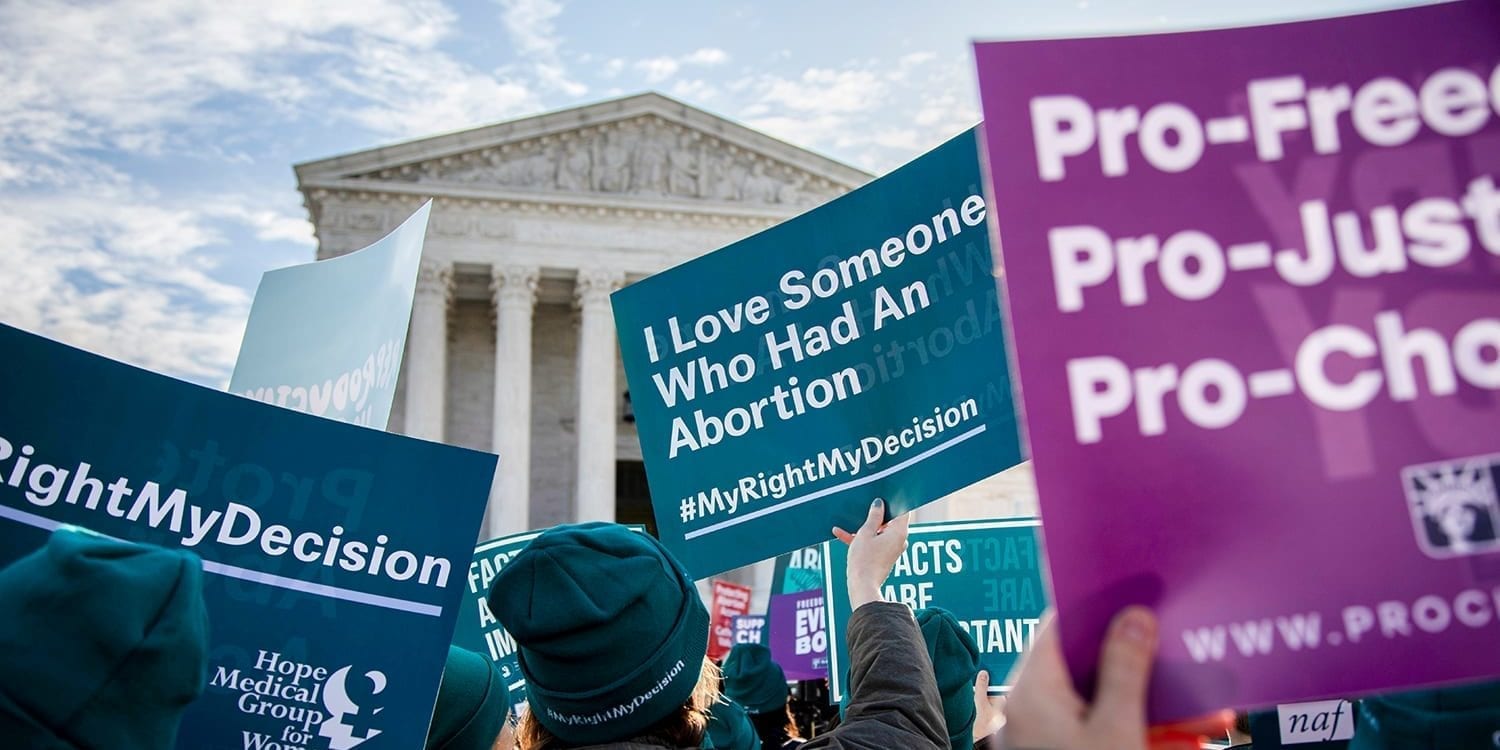Planned Parenthood Arizona v. Humble
(REVISED 5.24.2018) Arizona passed a law in 2012, and implementing
regulations in 2014, whose confusing
language appears to require physicians to offer medication abortion only according to an obsolete method no longer used by the great majority of doctors. Contrary to years of evidence-based medical best practices, the law seems to require any woman obtaining a medication abortion to
take three times more medication than recommended by the American Medical
Association and the American College of Obstetricians and Gynecologists, and
bans medication abortion altogether after seven weeks of pregnancy.
medications mifepristone and misoprostol) is a safe and effective alternative
to surgical abortion that can be used by women who are in the first 9 to 10
weeks of pregnancy. Women in the U.S. have been safely undergoing medication
abortions since 2000, when the FDA first approved mifepristone. In fact, one out of four women in the U.S.
early enough in pregnancy to use medication abortion as an alternative to
surgical abortion chooses this method.
Since the approval of mifepristone, newer, evidence-based regimens have
been proven to be safer, more effective, and less expensive. Laws that require
abortion providers to use outdated protocols when providing medication
abortions are contrary to current medical standards, and the American Medical
Association and the American College of Obstetricians and Gynecologists have opposed
them. By requiring the provision
of medication abortion to follow an obsolete protocol, state politicians deny
women the advantages of years of physicians’ practical experience and
scientific research. This is not only forcing
outmoded health care on women, but also an intrusion into the doctor-patient
relationship.
Plaintiff(s): Tucson Women’s Center and Planned Parenthood Arizona
Center Attorney(s): David Brown,
Julie
Rikelman, and Tiseme Zegeye
Co-Counsel/Cooperating Attorneys: Planned Parenthood Federation of America and Lawrence
Rosenfeld, Squire Sanders (US) LLP
Summary:
On March 4, 2014, the Center for Reproductive Rights and Planned Parenthood Federation of America filed a challenge in federal court on behalf of the Tucson Women’s Center and Planned Parenthood of Arizona and their patients. The providers argue that the restrictions place burdens on women that “come with no medical benefit whatsoever,” compounding the “severe, burdensome, and medically unnecessary restrictions already in place in Arizona.”
The district court denied the plaintiffs’ request for a temporary restraining order on the eve of the law’s April 1, 2014 effective date. The Center immediately appealed the ruling to the U.S. Court of Appeals for the Ninth Circuit, which granted our motion for a preliminary injunction pending appeal and then ruled on June 3, 2014, reversing the trial court’s denial of the preliminary injunction and ordering that the law be blocked while the case proceeds. The law is currently not in effect. On December 15, 2014, the U.S. Supreme Court denied
the State’s petition to review the case.
The Center and Planned Parenthood have also filed a second lawsuit in state court in Arizona. That lawsuit was filed April 6, 2014, and alleges that the law violates the Arizona Constitution, which forbids the legislature from relinquishing its authority to make state law, and also that the Arizona Department of Health violated its own rulemaking procedures when it drafted the regulation. A hearing took place on our motions for summary judgment August 14, 2015. On October 15, the trial court permanently blocked the law, ruling that the statute is an impermissable abdication of the Arizona legislature’s obligation to make state law. On May 17, 2016, two years after we filed suit, the Governor siged a new law that effectively repeals the statute being challenged in this case. The State was ordered to pay over $160,000 in attorneys’ fees and costs.

